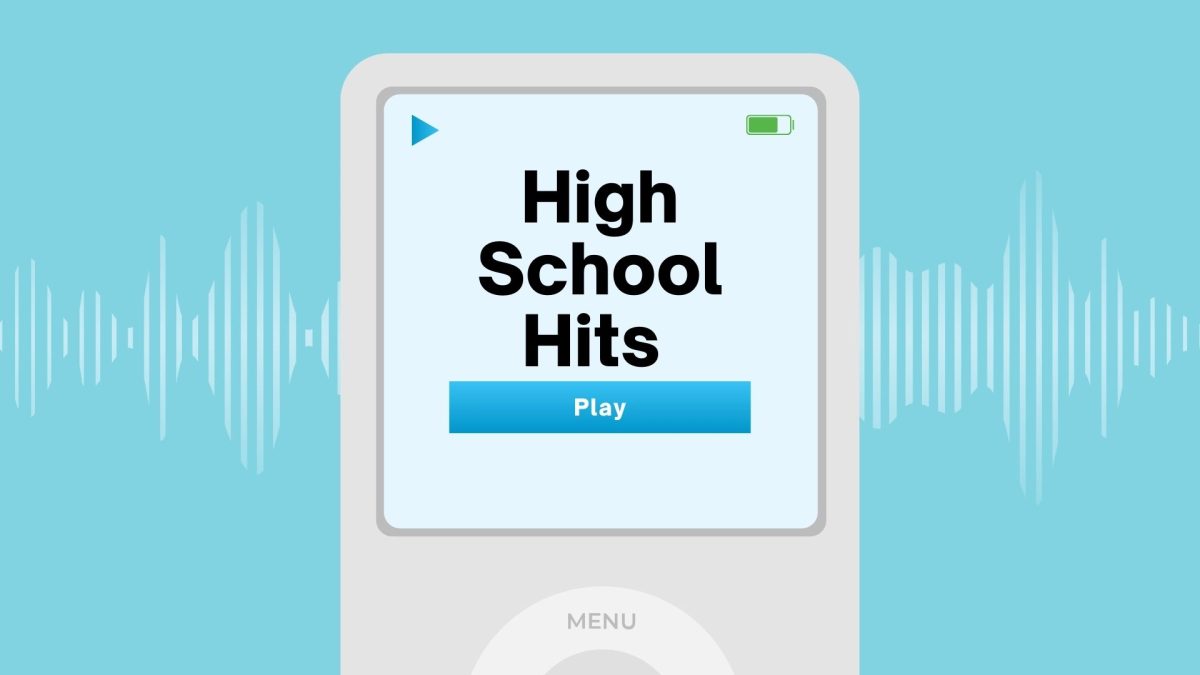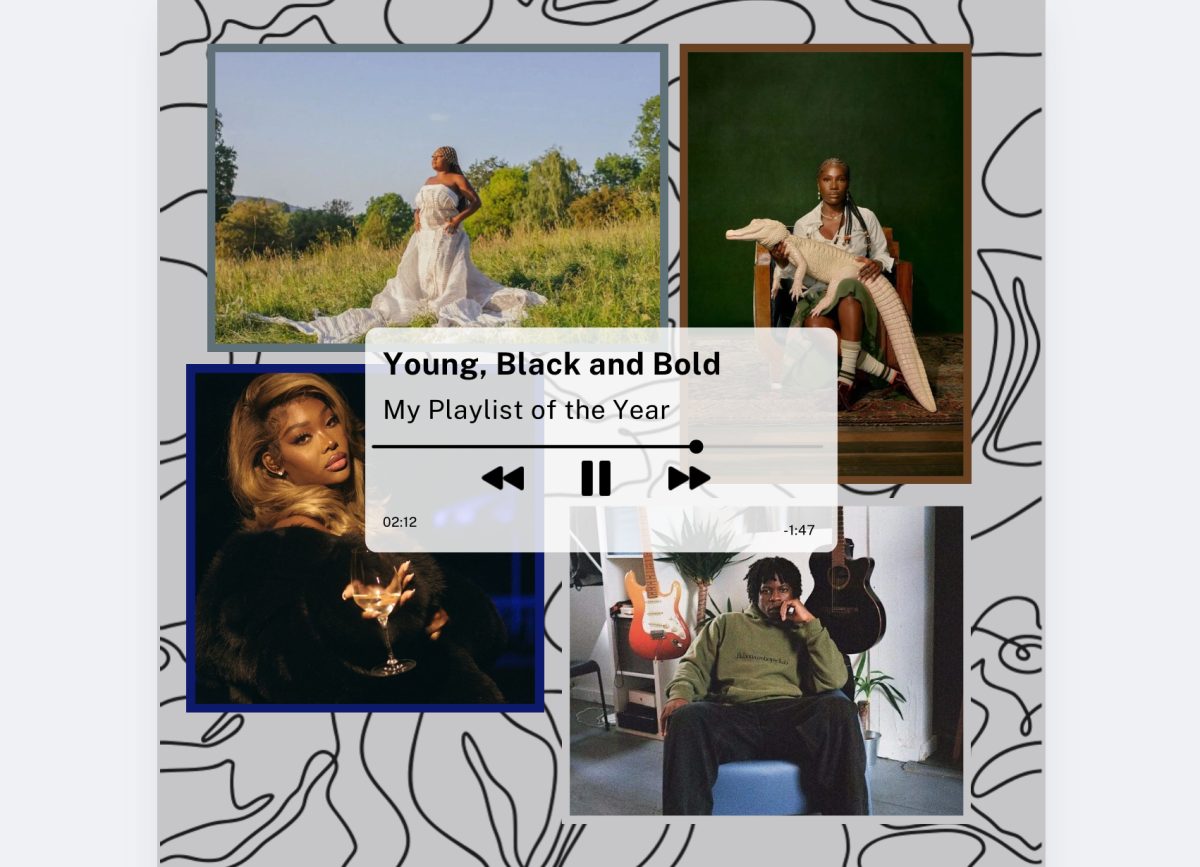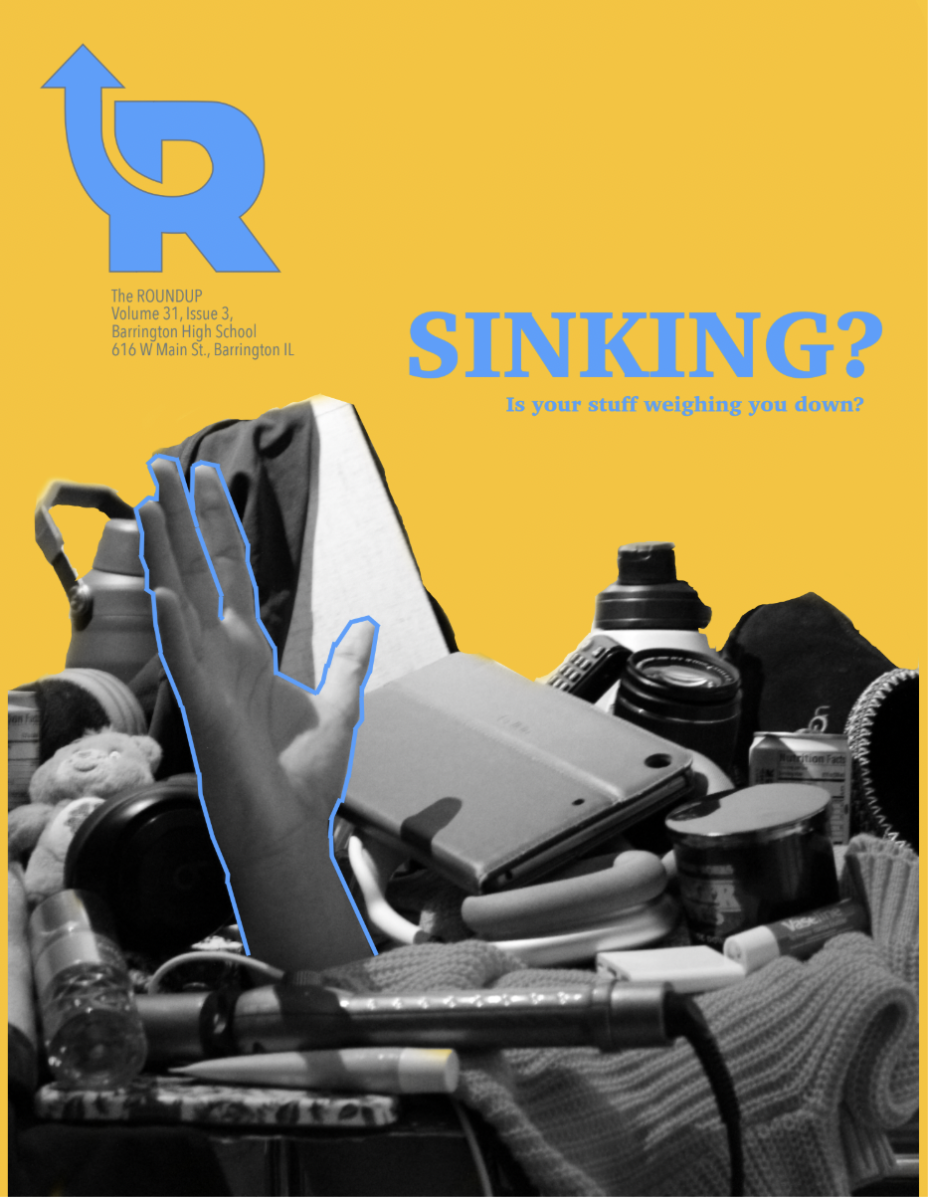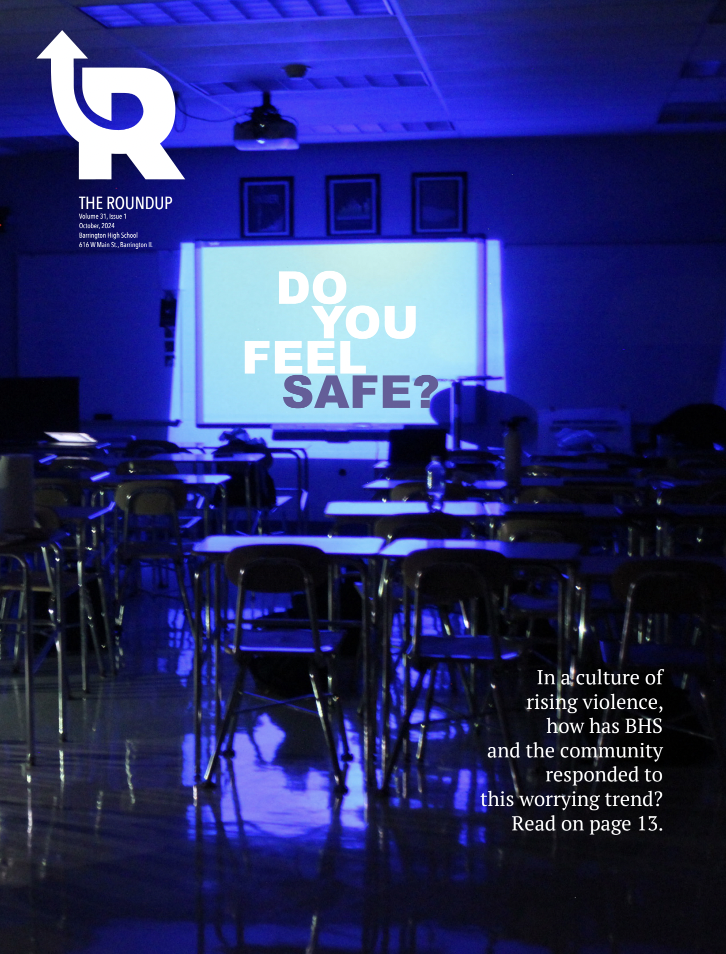Students affected by increased screen time
Excess screen time during the pandemic has been an increasing concern amongst students. The pandemic has forced online learning, which increases students’ already high screen time.
A recent poll of 97 students regarding increased screen time and its effects has revealed that 59 percent of 82 students said they believe screen time could have a positive effect on them. However, 86 percent said that screen time affects their mental health. 62 percent of 82 students said they developed an eye strain or other health issues from the increase in screen time due to distance learning.
“I definitely stay up a little bit later because the blue light from my screens does keep me up, so I tend to get a little less sleep which makes me a little more tired in the morning,” junior Olivia Franzese said.
However, many studies and experts have been saying screen time really isn’t as big a problem as people may be led to believe, especially in terms of mental health. Students’ mental health is more so affected by a variety of factors, like isolation from the pandemic, than solely screen time.
A study done by UNICEF studying 6000 kids between the ages of 12 and 18 shows little relation between lots of screen time and mental health, specifically symptoms of depression. Most middle school to high school students fall between this age. Screen time certainly doesn’t help mental health, but it’s not making it much worse, according to this study.
“There’s a lot of things going on right now, so that’s probably all connected. In terms of students being more isolated at home, being on their computers more, being around their friends less, possibly getting less physical exercise,” Sarah Kirkorsky, a psychologist at Barrington High School, said. “All those things contribute to an uptick in kids who are struggling and feeling overwhelmed with the whole situation. I don’t know that I could say for positive that it’s related to just screen time, but it does seem like there’s a lot going on for kids right now.”
Kirkorsky explained that the pandemic has caused an increase in mental health issues. However, it is more likely caused by isolation and lack of physical activity. Screen time is a minor factor in that way.
“I certainly think it [screen time] could add to concerns, but I think anything in excess, whether it’s screen time, anything in excess, is not good. For us, it’s again, it’s that balance,” Counselor Joan Bell said.
That is not to say that increased screen time does not have negative effects. An excess of screen time can still have negative ramifications, such as eye strain and limited physical activity. Screen time’s effects on mental health may be minimal, but it still affects students.
“I think there are ways to minimize the effects of the increased screen time. Specifically by making sure that when you do have a chance to take a break, that you do take a break from it, and that you’re still being physically active, that you’re still taking time to connect with other people. You’re still taking time to practice self care and all of those things,” Kirkorsky said. “I think increased screen time can become very problematic, if it leads to a more sedentary, isolating lifestyle now that everything’s able to be done without even getting out of bed. You could conceivably stay in a room the entire day and never leave, never go outside, never interact with another person. That’s where I think it becomes really problematic.”
Screen time usage has positive impacts as well. Especially in a time where people are supposed to be social distancing, screens help connect people in a safe way. It gives people that social contact without breaking any CDC guidelines. In terms of positive effects of screen time,
“I think absolutely because then students don’t feel so isolated, they’re able to connect with their friends. I have grandchildren that live in another state and years ago I wouldn’t have been able to have a FaceTime with them. Whereas now it’s like, I can see them and talk to them in real time. I can’t hug them because I’m not there, but at least we can talk and make that personal connection via the screen,” Bell said.
There are many resources to help students struggling with mental health. Especially in these isolating times, it is important for students to utilize these resources, like the Wellness Center and their counselors.
“So the first step, if they’re feeling overwhelmed, or they’re concerned is to contact their counselor and then we can either help them or point them in the right direction,” Bell said.
Your donation will support the student journalists at Barrington High School! Your contribution will allow us to produce our publication and cover our annual website hosting costs.






























































